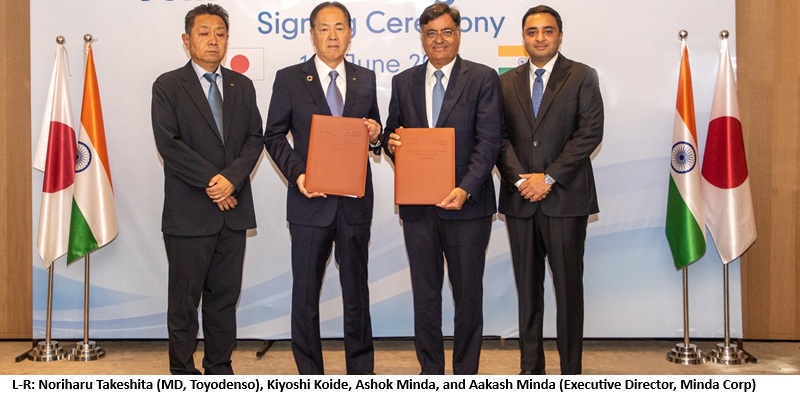Schedule a Call Back
IMS and its significance
 Articles
Articles- Sep 26,24

Related Stories

India’s stainless steel demand rises 8% in FY25, says ISSDA
India’s installed stainless steel production capacity currently stands at 7.5 million tonnes, with a utilisation rate of around 60%.
Read more
GOI creates panel for new national manufacturing mission
Currently, manufacturing contributes about 16–17% to India’s GDP, and the new mission seeks to raise this share.
Read more
Survey: Export orders drive manufacturing activity to 10-month high
The HSBC India Manufacturing Purchasing Managers' Index (PMI) edged up slightly from 58.1 in March to 58.2 in April, marking the sharpest improvement in the sector’s health in ten months.
Read more













